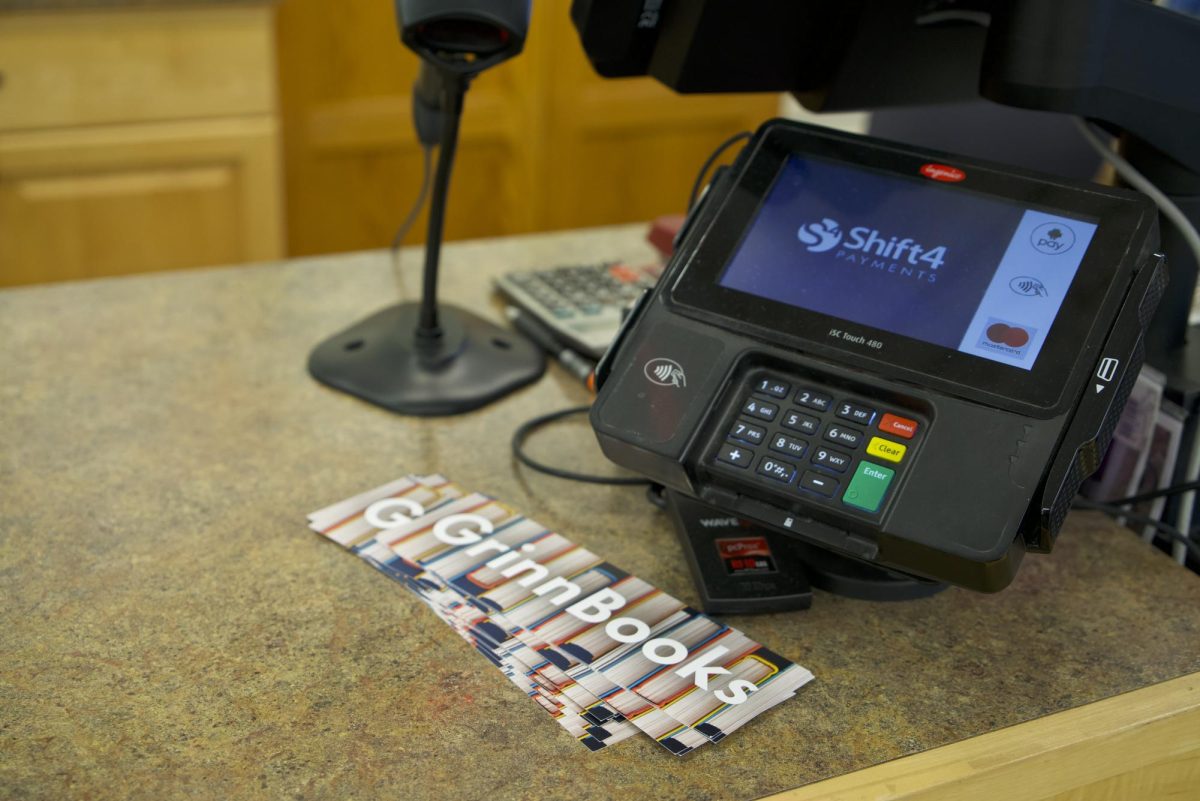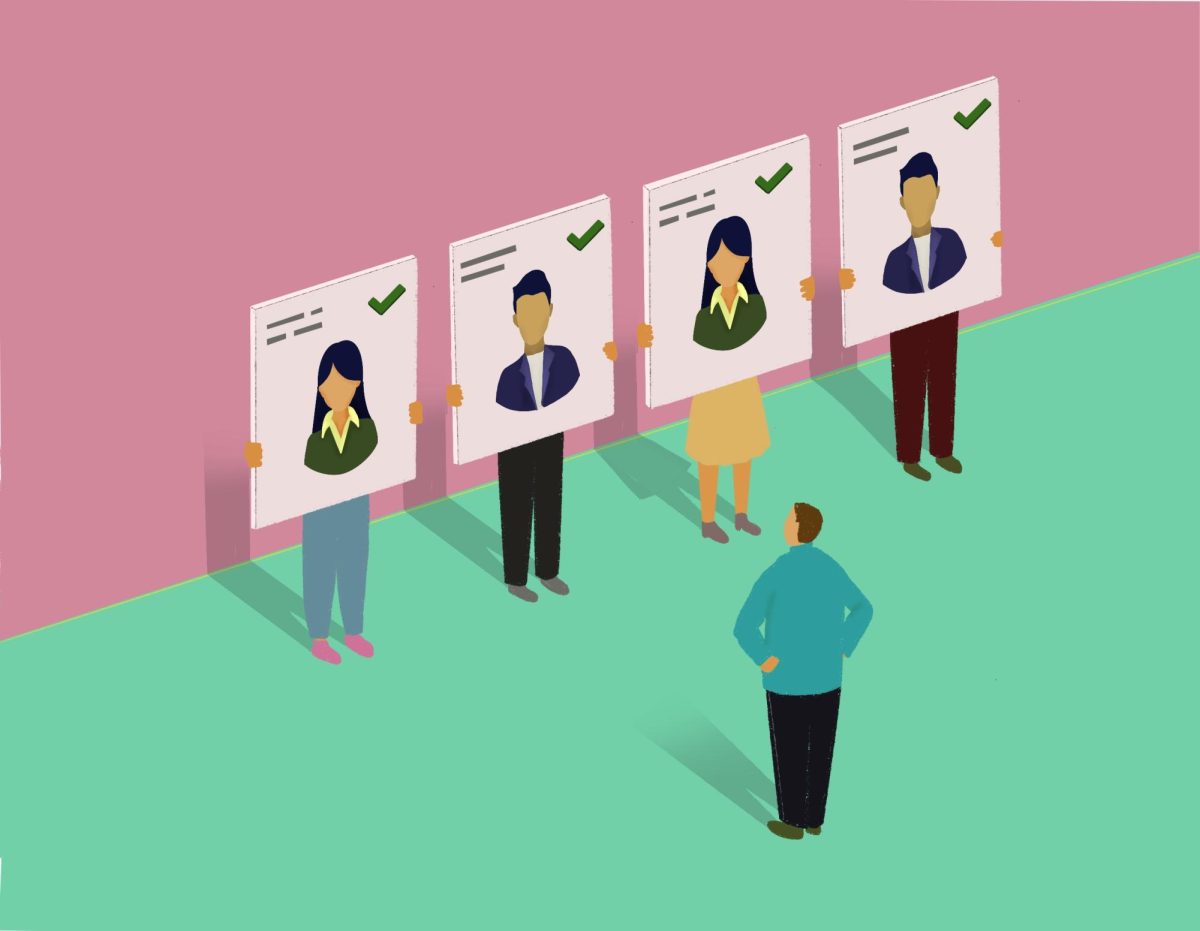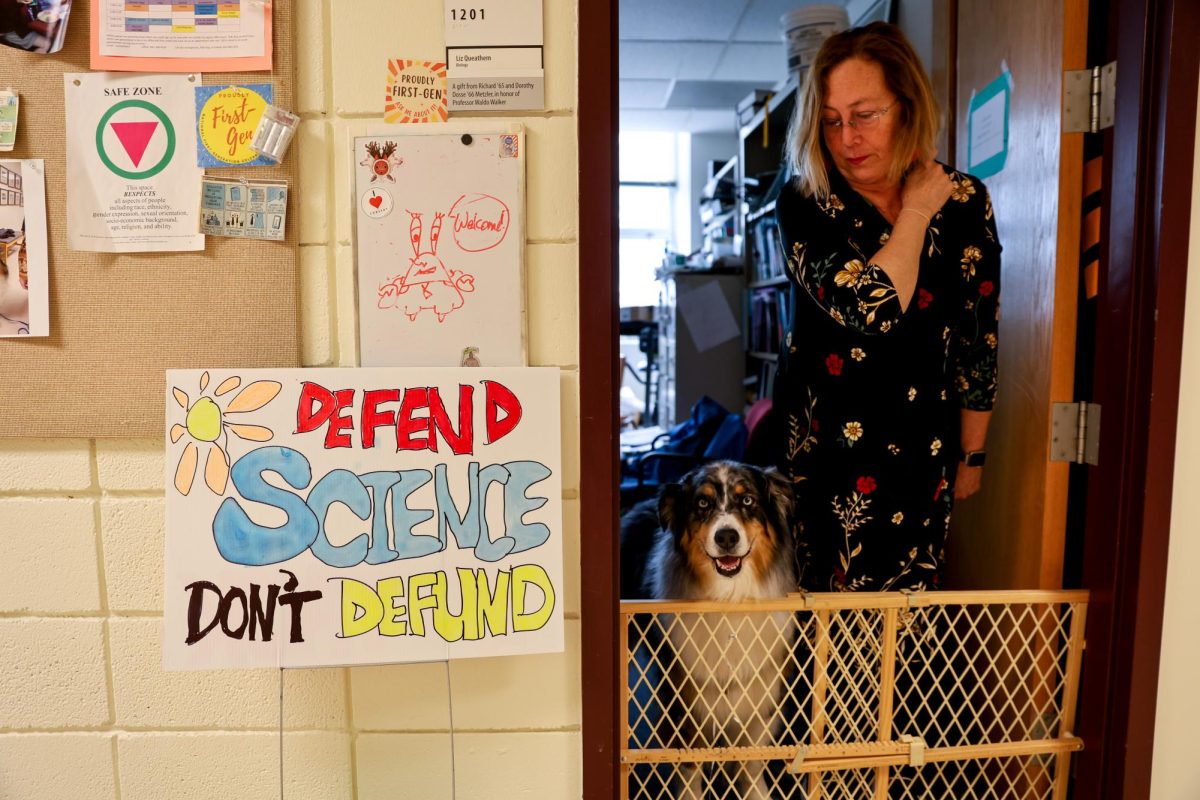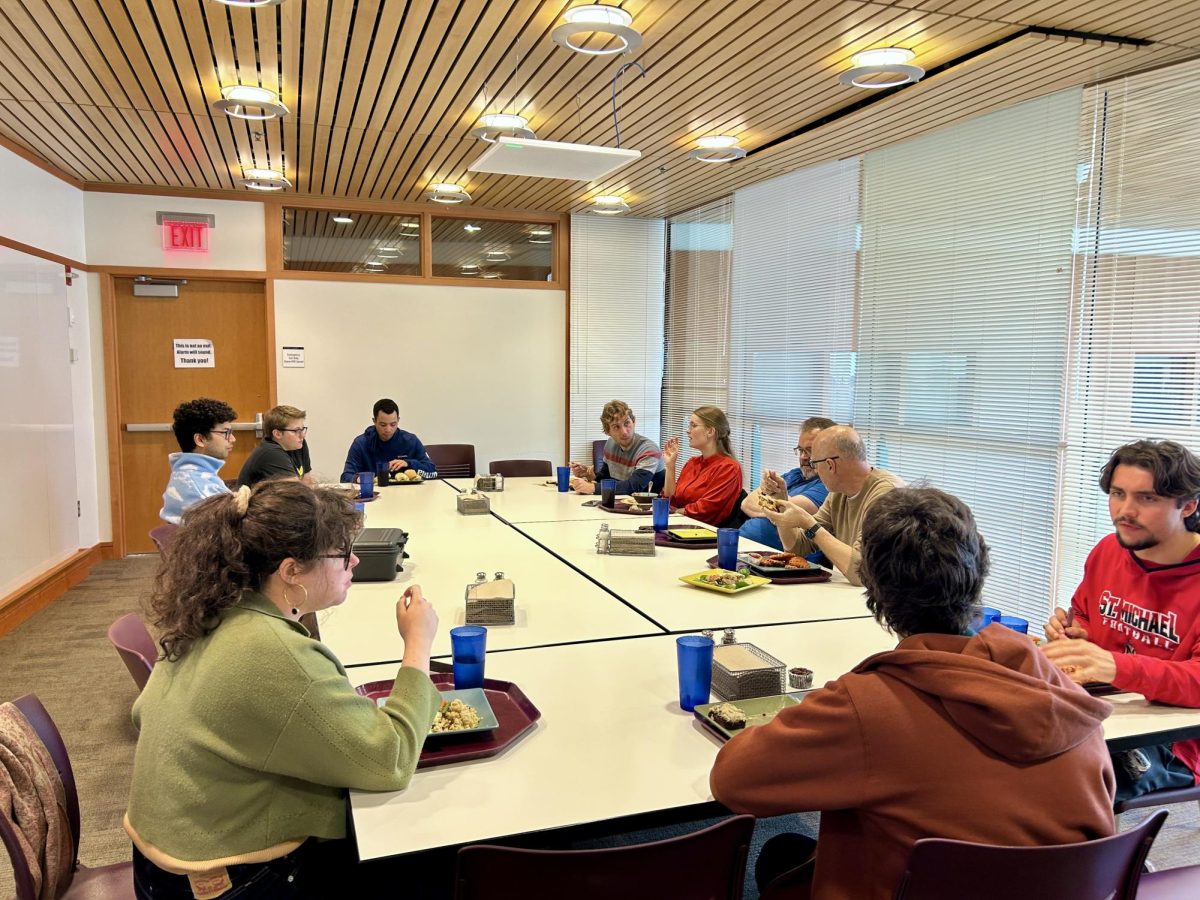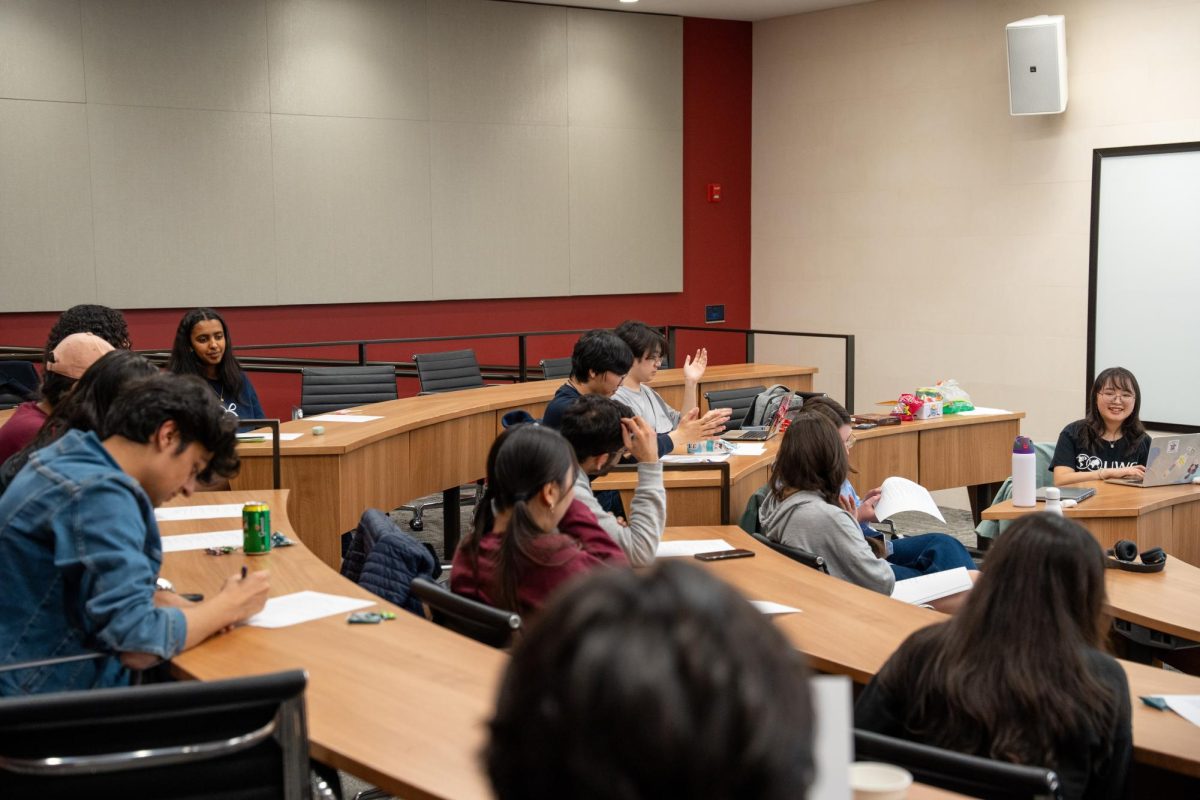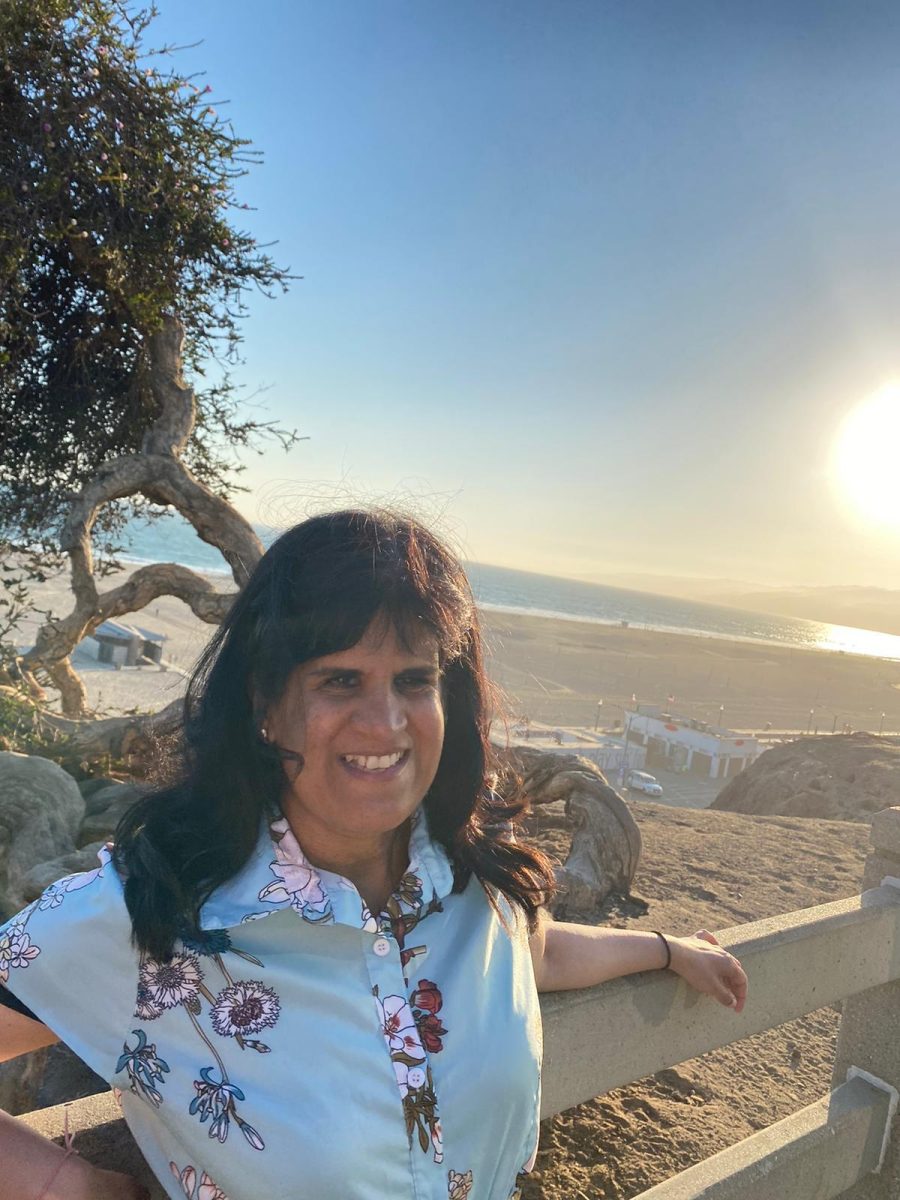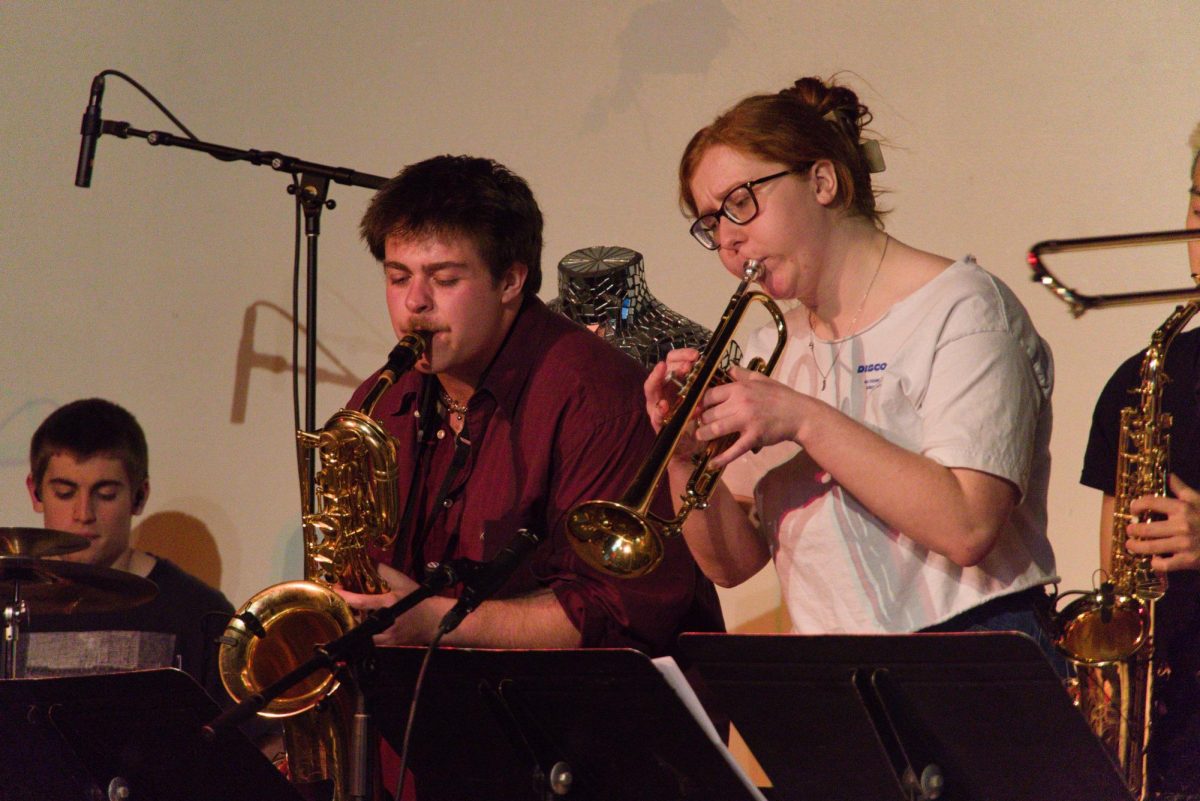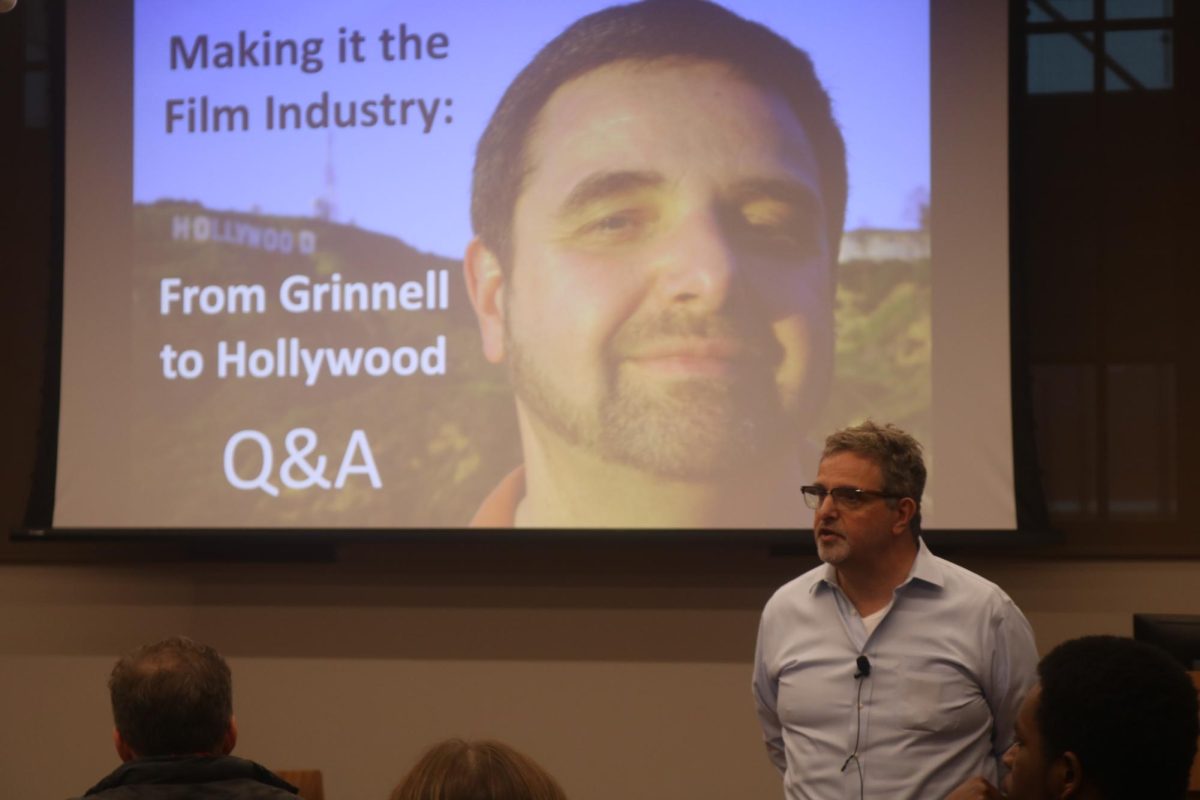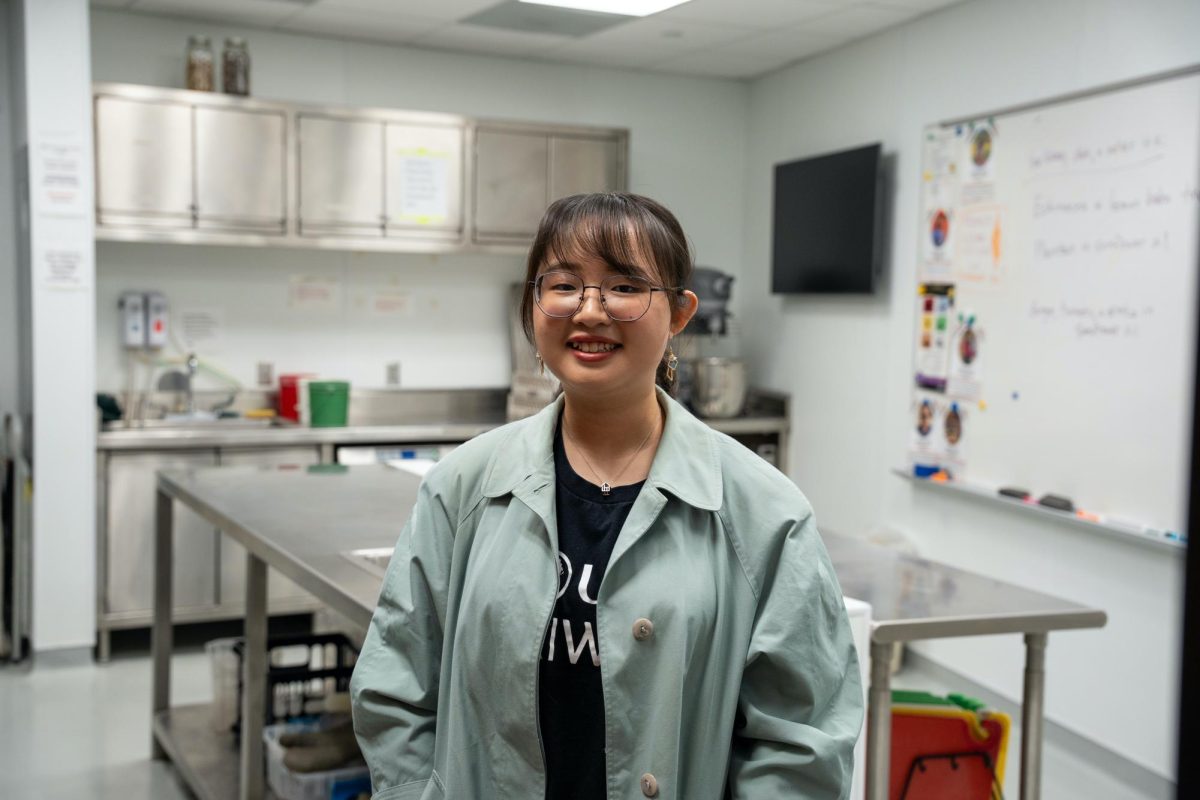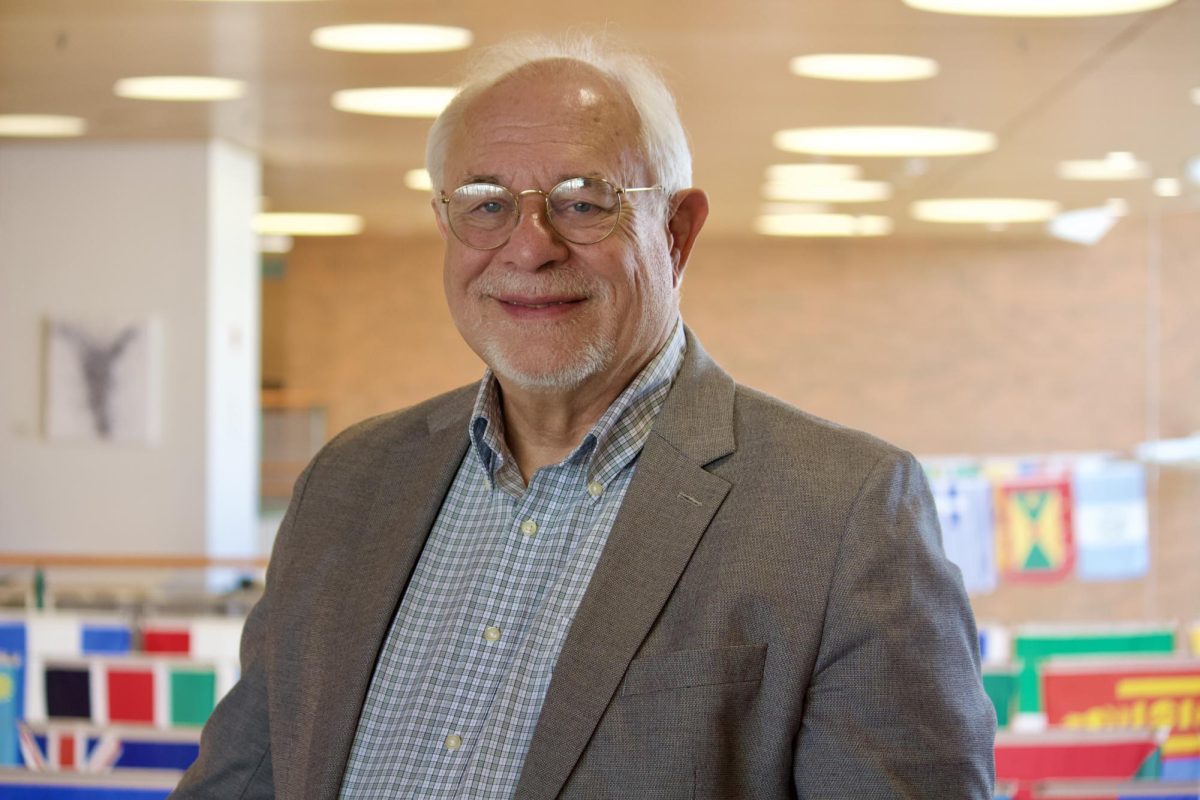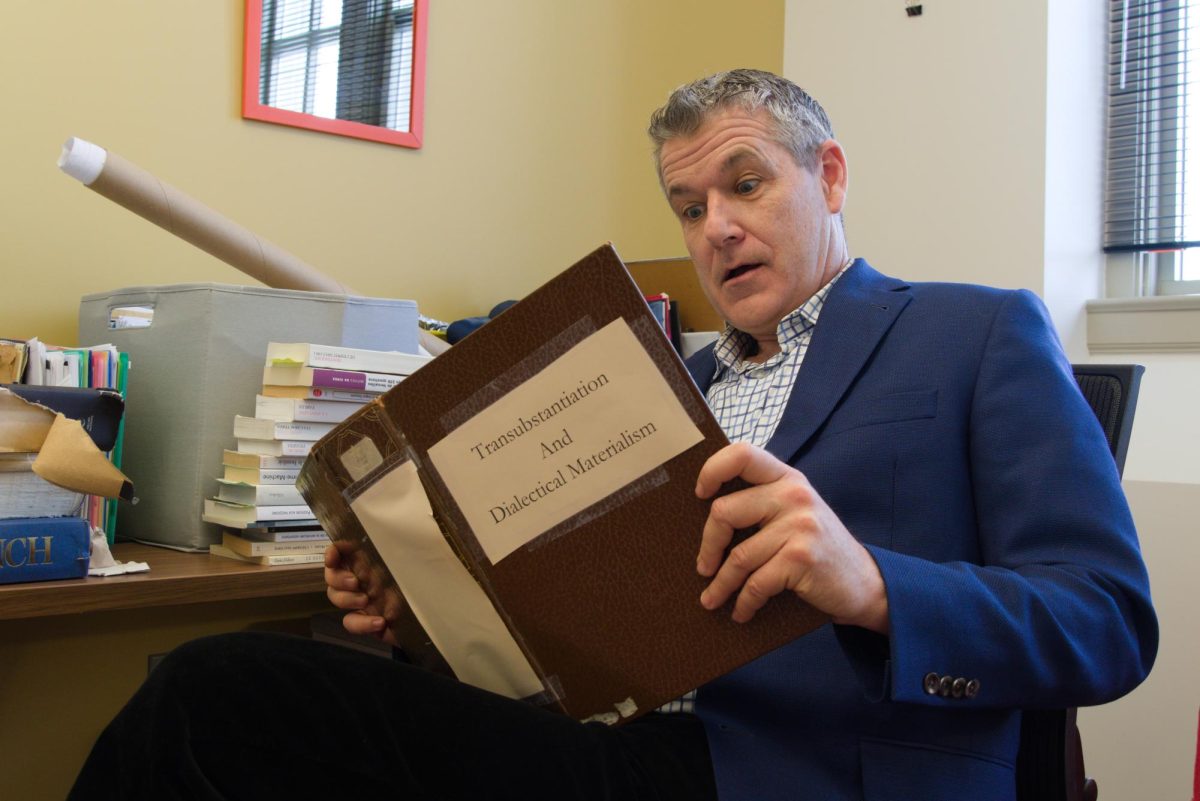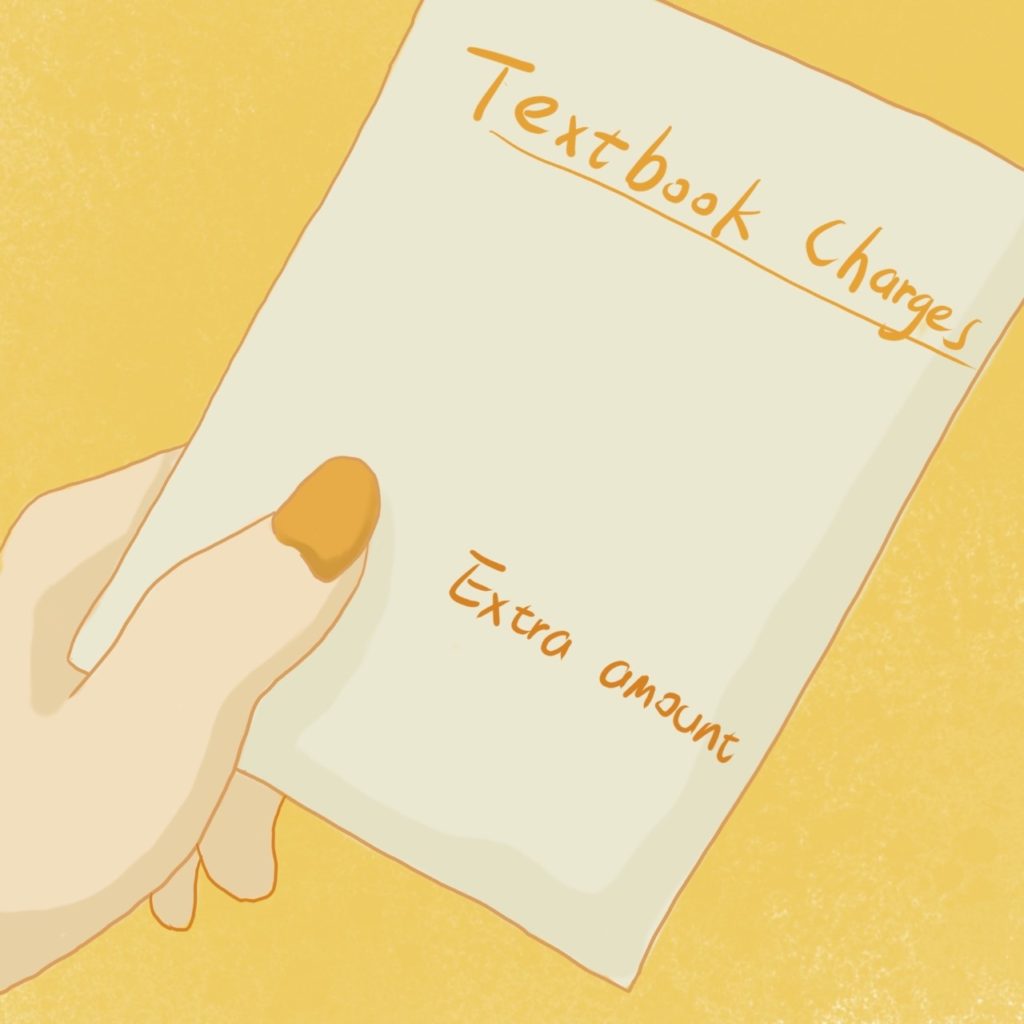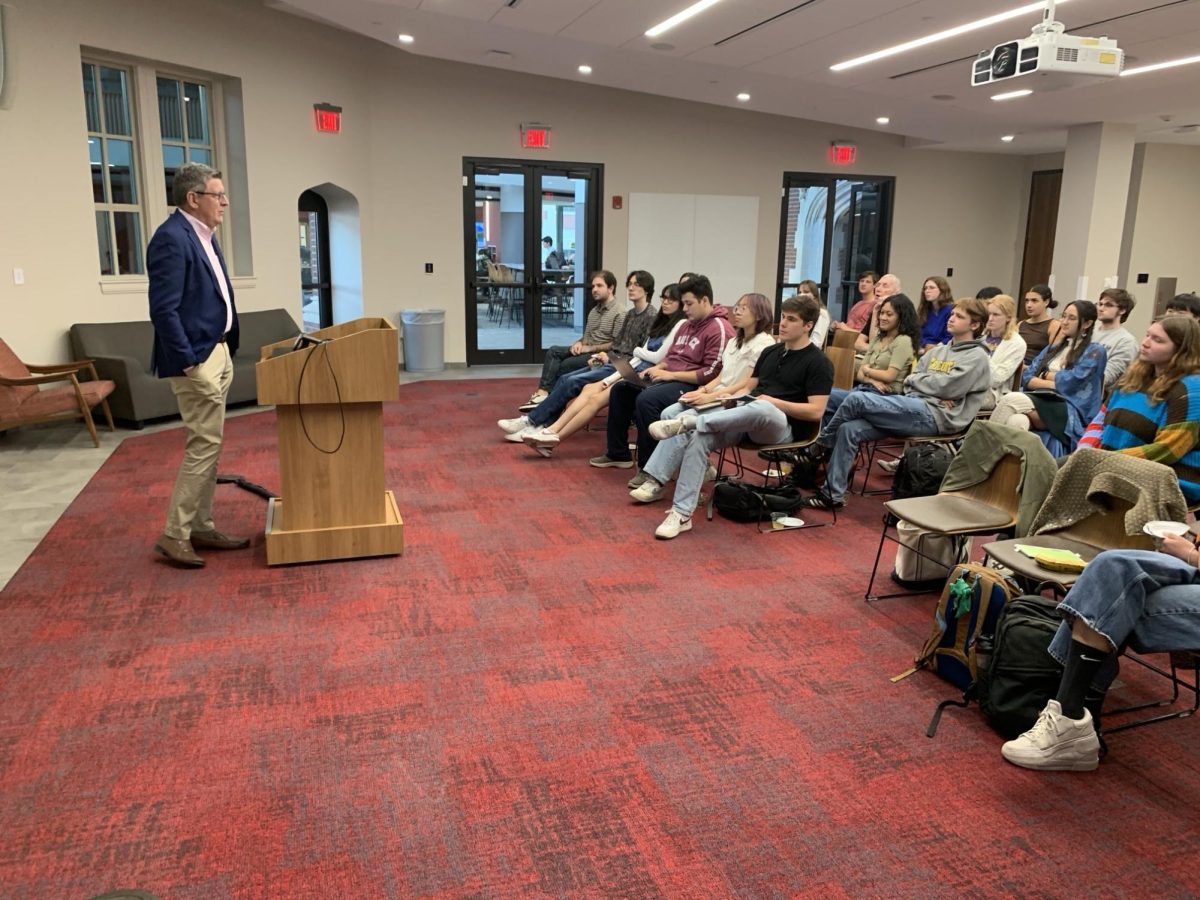For the past two years, Grinnell College has been expanding its use of Day-One Access, a program that offers digital textbooks directly from publishers to students in selected courses for reduced prices. However, the program’s opt-out system where students are automatically charged for textbooks unless they specifically select not to be has frustrated some students.
Day-One Access, which is the College’s Inclusive Access program for class materials, has been used for 26 class sections this semester, a sharp increase since the COVID-19 pandemic forced many schools and colleges to turn to online models of education.
Brian Mitchell, course materials specialist at the College’s Pioneer Bookshop, said that Day-One Access has been developing for about twenty years, since the time when reselling websites for textbooks like eBay and Amazon began cutting into textbook publishers’ profit margins. In order to offer cheaper and more readily available textbooks, publishers began negotiating directly with institutions to offer digital versions.
At the College, faculty use the company Verba Vitalsource to adopt textbooks and submit lists to the bookstore. Faculty are given an option to use Inclusive Access, but Mitchell said that not all books are a good fit for the program — some, like classic English literature, might be readily available to students for low prices already.
Mitchell said that the least expensive Day-One Access textbook used this semester was just under $18 and was originally priced as just under $28. The most expensive was around $94, with the original physical cost and a digital access code priced at $215.
But while the Day-One Access program offers students options for textbooks considered to be the lowest market cost, some students have expressed frustration at its opt-out model.
Ahmed Cheema ‘24 said that in his CSE-161 course, he was charged $29.18 for a textbook that he did not know how to access and did not realize he would be provided with until he was charged.
“I’m not sure if it was digital, because I never really used it or anything. I basically just found the textbook online once I saw it was in the syllabus. I never knew they were offering it to me — that it wasn’t an opt-in thing,” Cheema said.
Cheema said that once he had been charged, he found an email he had received alerting him that he had been automatically enrolled into the Day-One textbook program, but that he did not think it was made clear that he would have to opt out in order to not be automatically charged for the textbook.
Marcus Cassidy ’24.5 described a similar experience, saying that they were unexpectedly charged $101.36 from Student Accounts for textbooks that they have not been able to access and that they already owned a physical copy of.
“It’s like a free trial that only exists so that someone forgets and pays you by accident,” Cassidy said.
Cassidy added that once students received notifications that they were being charged for the textbooks, it was often too late to opt out because charges have already been applied.
As a Questbridge student, Cassidy said that they often faced hidden costs to the College’s education that were not included in financial aid and that it could be difficult to find resources for.
Citing insurance, an added cost to the College’s tuition, Cassidy said: “That’s a third of my paycheck to pay for that. Which again, not great, I’m poor. I could buy groceries. That’s my grocery budget right there.”
Jax Seiler ‘22 said that he was able to opt-out of the Day-One program for his CLS-295 class, but that he was charged $25 for a textbook for dance ensemble that the class has not yet used.
Seiler said that he was not able to opt out of Day-One for that textbook because the class had a late registration date, so he missed any email that could have instructed him to do so.
Seiler said that while the process of opting out itself was not difficult, he thought that there should be more transparency and communication surrounding when students are automatically enrolled into Day-One, or that the process should be opt-in, rather than opt-out, adding that many students utilize other resources of the College to get access to textbooks, such as the College’s library services, online resources or the Lending Library.
Mitchell said that publishers require the College to have an opt-out model in order to offer the Day-One program, because it increases the percentage of students who participate.
This semester, 446 students were eligible to use Day-One textbooks, and 105 students opted out according to Mitchell. 341 students used Day-One textbooks, 76.5% of those eligible.
Carissa Stubbs, director of student accounts and the College’s bursar, said that the relatively new program has grown quickly at the College and has adjusted based on students’ needs.
“I know that it has been a process that has brought up a lot of questions from students, when they weren’t necessarily expecting to see that charge. I think some of that maybe falls on not necessarily seeing some of those earlier email notifications that they got about the opt out process, and so maybe that got overlooked for some students,” said Stubbs. “To try to help alleviate that it may be helpful for the faculty to help educate their students about the process a little more if they’re not already doing that. Just to help students be aware of it and to be expecting it a little more would probably be ideal.”

